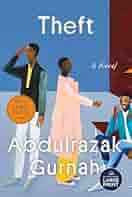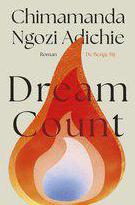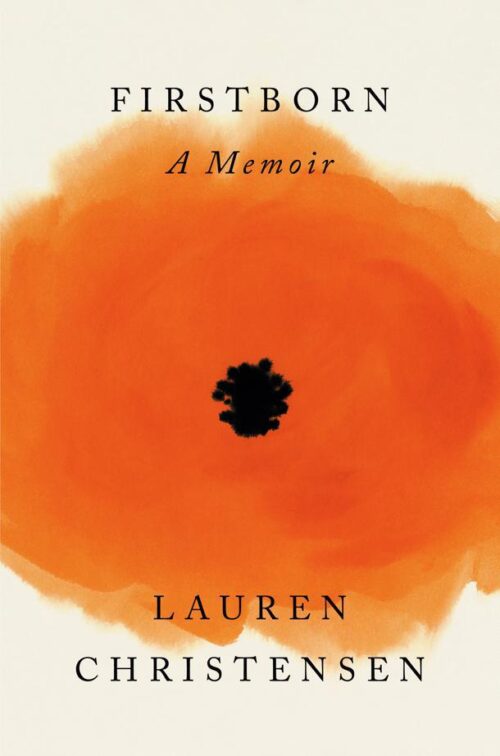
When the Irish writer Emma Donoghue learned she would be spending a year in Paris, relocating with her partner from their usual home in Ontario, she began searching for information about her new neighborhood. Then a striking photograph appeared on her screen: A steam engine dangling out of a hole it has just blasted through the wall of the train station at Montparnasse. The disaster the photograph captured was a derailment, on Oct. 22, 1895, of Engine 721.
“I just thought, that is the most startling image,’’ says Donoghue. “I have to write a novel about that. Sometimes I just know, sometimes it just comes to me all at once with a kind of hammering heartbeat. I think, oh, there’s my next book!’’
No one aboard the train that day died (although one woman on the ground was killed). “I didn’t actually want to write about mass carnage,’’ she says. “I like a bit of darkness to the premise of my novels, but I don’t really want to be wading through body parts.’’
In “The Paris Express’’ (Summit/S&S), her 14th novel, Donoghue follows the train’s passengers and crew on its seven-hour journey from Granville, in Normandy, to Paris’s legendary Montparnasse station. Donoghue assembled a cast of characters, most of them based on actual people who were aboard the train that day, and others who could have been, hoping to paint a picture of the vibrant mixture of artists and scientists and radicals in the dizzyingly modern Paris of 1895.
“I loved setting myself a sort of discipline of trying to find as many real people as possible who were in France in the 1890s and saying, what if they were on my train, how might their day have gone?’’ Donoghue says. “I didn’t have to go to any great lengths to try and make the range of characters diverse — 1890s Paris was this international hub. It was just like a casting call of lively people. It was lovely to sort of pay homage to the city.’’
Emma Donoghue will read at 5 p.m. on Monday, March 17, at Odyssey Bookshop in South Hadley.
And now for some recommendations . . .
Scarily relevant, Clay Risen’s “ Red Scare: Blacklists, McCarthyism, and the Making of Modern America ’’ (Scribner) transports readers back to the witch hunts of the early 1950s. America had led the Allies to victory over the Nazis, but alongside postwar peace and prosperity the country grappled with paranoid conspiracies that saw enemies everywhere. Risen, a New York Times journalist, vividly recalls an era that may feel all-too-familiar.
In “ Theft ’’ (Riverhead), his first novel since winning the Nobel Prize in 2021, Abdulrazak Gurnah revisits his native Tanzania to tell the interlocking stories of three young people whose lives are on the brink of transformation. Another thoughtful and deeply moving book by a master storyteller.
Stephen Graham Jones has a growing fanbase that includes fellow writers like Tommy Orange and Stephen King. In “ The Buffalo Hunter Hunter ’’ (Simon & Schuster), his latest, Jones blends horror and history to tell the story of a vampire who walks the lands of the Blackfeet Indian Reservation in Montana, seeking revenge for a massacre by whites that left 217 Blackfeet dead.
“O Sinners!’’ (One World) by Nicole Cuffy is a gorgeously written literary excavation of belonging and belief. The novel toggles between the narrative of a bereaved young man who finds himself drawn into a community that may be a cult and the mysterious leader whose own history was indelibly marked by his time serving in the American military during the Vietnam War.
Kate Tuttle edits the Globe’s Books section.



